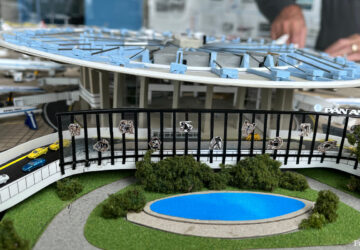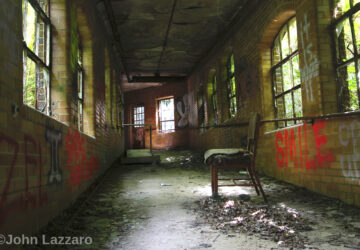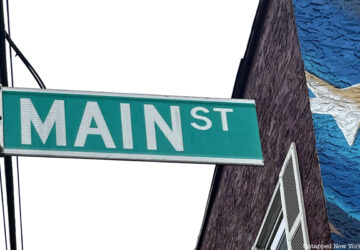In the newest combination of technology and art, developers have begun using drones to capture breathtaking photographs and swooping aerial video from the heights of planned skyscrapers. But what about the rights of people, accidentally photographed by private drones? Aside from the connotation associated with the word “drone” from its use in war tactics, the unmanned aircraft has been criticized by the Federal Aviation Association, partly due to their lack of regulation. Congress passed a bill last year requiring the FAA to detail drone laws by September 2015. The American Civil Liberties Union has been focused on protecting citizens from being unknowingly surveilled by law enforcement, as new legislation has been proposed in 42 states (though only still active in 6 of them) and already enacted in 8 states.
Still, the FAA wants to prevent unsafe flying conditions and the ACLU wants to protect our rights. The Washington Post explains that these regulations take two forms:
Bills in Florida, Montana, Tennessee and Virginia, as well as the pending Illinois bill, focus on drone surveillance by law enforcement. Most bills prohibit images gathered with drones from being used in court, and some prohibit (with various exceptions) public agencies from using drones altogether. In contrast, Idaho and Texas have passed bills that regulate drone surveillance by public and private parties.
Reactions to drones are just as polarizing. On the one hand, pro-drone activists such as those from the DARC conference find them to be the latest tool in photography. On the other hand, a “no-drone zone” ordinance in a town of Colorado allows residents to shoot down any drone flying overhead, offering a cash bounty for the aircraft as a “trophy.”
Catherine Crump and Jay Stanley of Slate propose a solution for laws regarding drone usage:
The American public and our elected representatives can, for once, get ahead of the deployment curve—we can raise awareness, propose protections, and build support for them before the problems hit us in the face. If done right, this moment of hyperawareness about privacy could become a more permanent state of affairs. Ultimately, the best solution on drones would be for Congress to pass strong, uniform rules protecting everyone across the nation and putting privacy concerns to rest…But unless and until Congress acts, state and local resolutions and rules are the best thing Americans can do to protect our privacy from the enormously invasive potential of domestic surveillance drones.
What is your stance on the private and public use of “surveillance drones” and drone photography? See the current state of drone legislation in your area by using this ACLU site.
Get in touch with the author @uptownvoice. Also read about a very different use-case of drones in NYC when Nate Bolt and NYPL Labs recently used a drone to film the inside of the New York Public Library.





